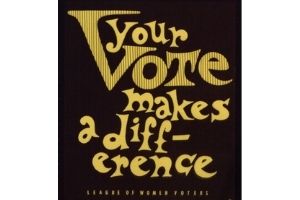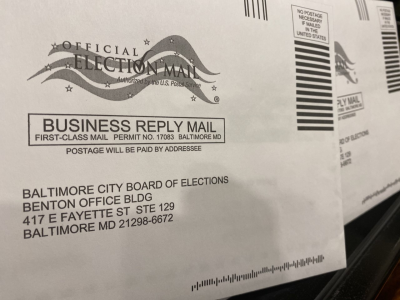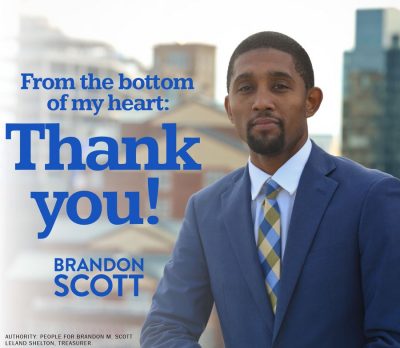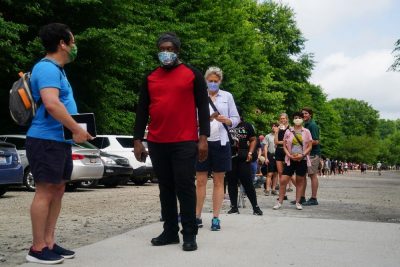Voter Education: Baltimore Election Results

Despite multiple setbacks, election results for Maryland’s primary election have mostly be decided. This election was difficult from the start, as the state decided to hold it mainly via absentee ballot, to help protect people from spreading the coronavirus. With the majority of people voting by mail, results were expected to be delayed, but things only grew more complicated when a misprint was discovered on ballots in District 1. While it only affected a small portion of absentee ballots, the problem further delayed any results for the whole state. However, the voter turnout rate seems to have increased, with at least 35,000 people voting via absentee ballot who had not voted in the last three primaries. Baltimore and Maryland, and indeed many places like Georgia still face voter suppression issues as polling places are limited, especially in predominately black neighborhoods. However, voting by mail was an incredibly popular option this year. Putting the ballot directly into people’s hands makes voting more accessible and immediate, despite the delays that collecting mail-in ballots cause.

With all this said, the results of some of the closest races in Baltimore, such as city council positions and Mayor, have been officially decided. As of June 10th, Brandon Scott won the Democratic nomination for Mayor, Nick Mosby has been declared the winner of the Democratic race for City Council President, and Bill Henry has won the Democratic nomination for Comptroller. For the most part, in a city where Democrats outrank Republicans significantly, these positions are decided during the primary, though the election in November, where these Democratic candidates face off against their Republican counterparts. For a full list of candidates and winners from the primaries throughout the state, visit the State Board of Elections website.

But where does that leave all of us for November? The upcoming election is still incredibly important, not only as it will decide the presidency, but also because issues of voter suppression and disenfranchisement are only highlighted during this global pandemic. With the very likely possibility that we will see the second wave of coronavirus outbreaks, possibly in the fall, the November elections might be conducted similarly to the primaries. Maryland State Board of Elections may decide to send out absentee ballots to everyone again, with the option to vote in person or drop off ballots at certain sites. However, as we all know so well, nothing is certain and it’s impossible to guess what voting will look like by November. So, it’s important to prepare for anything.
First, voting by mail is a legal and legitimate way to vote. Absentee voting is fairly simple in Maryland, as we discussed in one of our first Voter Education blog posts. You can request an absentee ballot online, as long as you have an MVA ID, or via mail with a printable form. If you’re not from Maryland, research how to request an absentee ballot, as voting by mail may be a very important tool if the coronavirus has not subsided by November. Whether you are part of an at-risk group, live with someone who may be at a higher risk of infection, or you simply want to play it safe, absentee voting is incredibly important in a time of a pandemic, and an important accessibility resource for those who are unable to vote in person regardless of the virus.

Educate yourself about voter suppression and disenfranchisement. With such a stark example in Georgia this week, learning about and opposing voter suppression is more relevant than ever. We must protect every person’s right to vote, and that starts with raising awareness of the issue. And then, start pressuring lawmakers and boards of elections to change the voting process to make it more accessible and available to everyone. If you want some tips on advocacy, check out our previous blog post to get you started towards making change in the world.
Finally, remember that voting is not the end of your civic duty. Remember how officials are reacting to the uprisings right now, how they are responding to the demands of protestors. Watch your legislators, as they vote on budgets for the city, for police, for education and social services. What change do you want to see in the world? It’s your right to demand that the government works for you, or else the current system will be dismantled; as the Declaration of Independence states:
“That whenever any Form of Government becomes destructive of these ends, it is the Right of the People to alter or to abolish it, and to institute new Government, laying its foundation on such principles and organizing its powers in such form, as to them shall seem most likely to effect their Safety and Happiness.”
